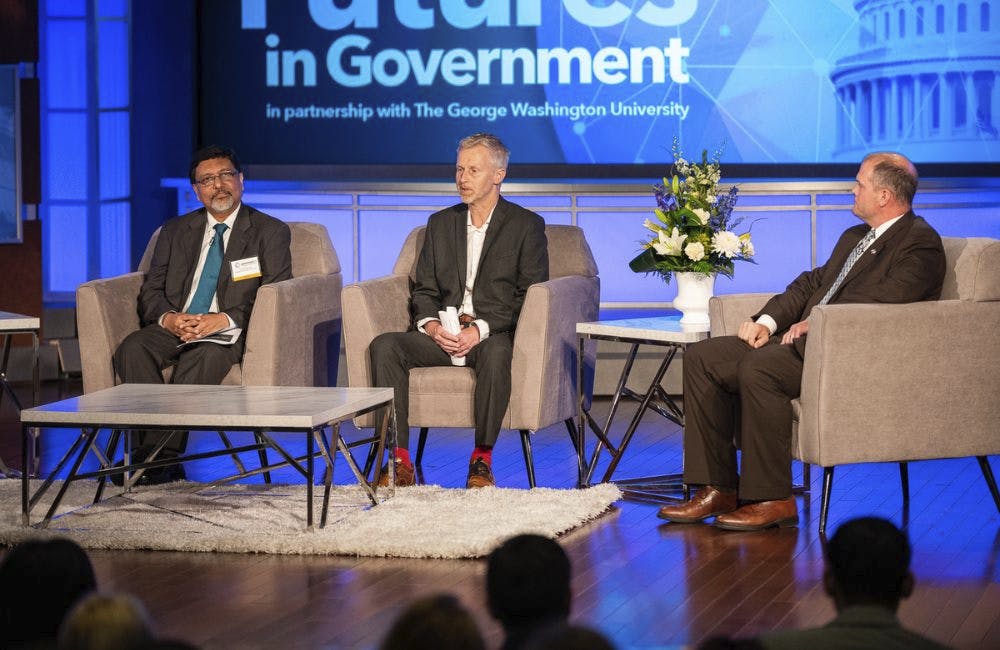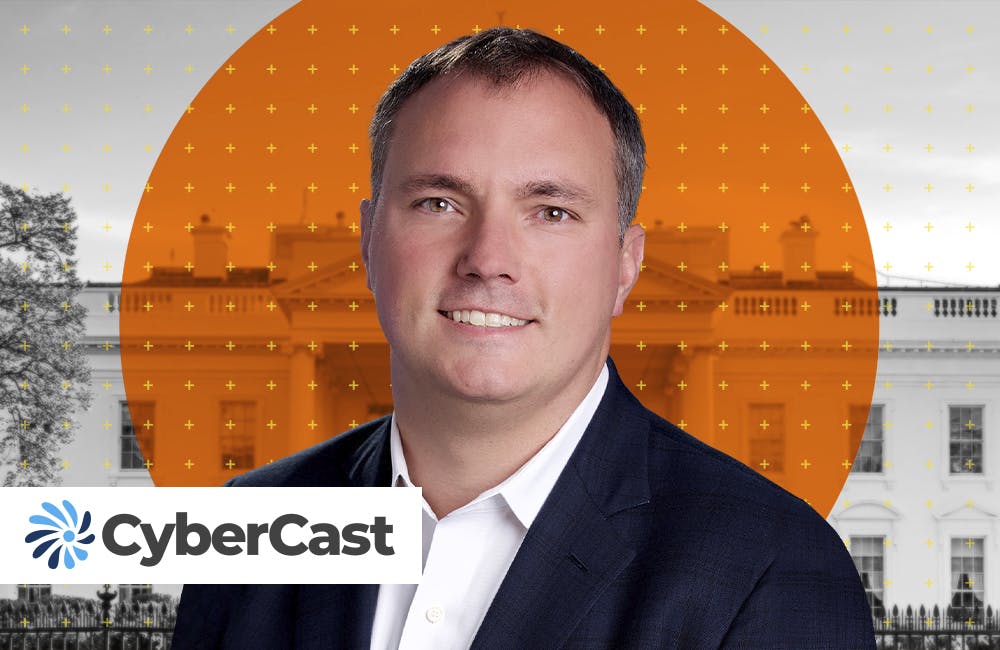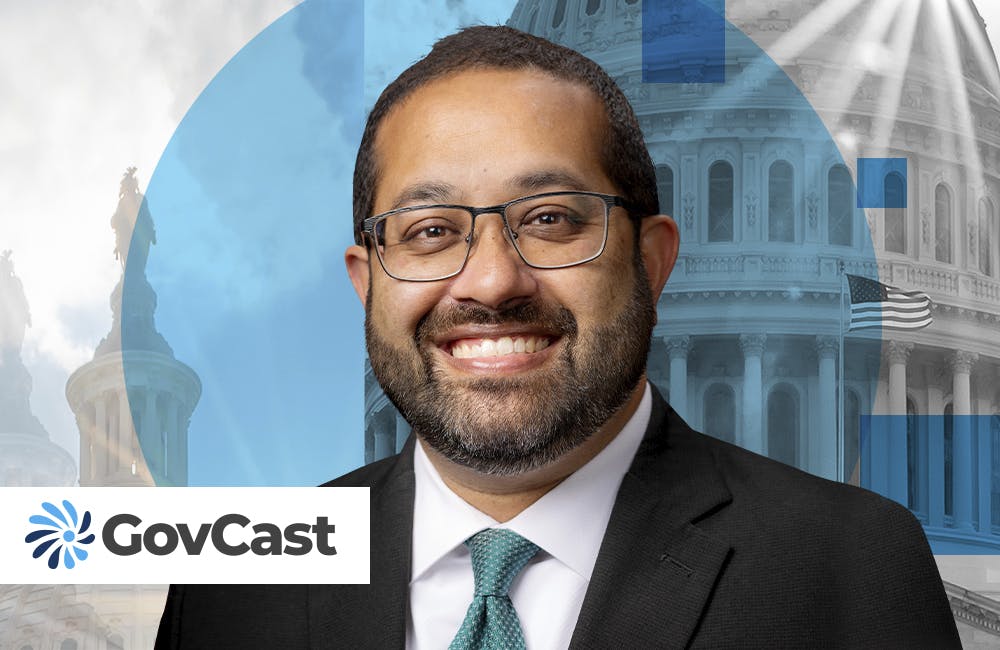Data, Cloud and People in Focus in Federal IT Research Study

A preliminary research report, titled the Study of Federal Information Technology Transformation (SoFIT²), from GovernmentCIO and George Washington University’s School of Business suggests that many federal IT executives are largely focused on three keywords — data, cloud and people. Initial findings from the report were presented at GovernmentCIO’s Tech Futures event last week.
“It’s really difficult to capture what the current environment looks like; it’s really even harder to look into the future and see what the future environment looks like,” explained GovernmentCIO CTO Andrew Underhill at the event. “One of the best ways to achieve a common baseline for both of those is to engage all of industry or as much of industry as we could.”
That’s why the two organizations decided to collaborate and collect data from 120 federal IT executives, spanning over 30 government agencies, using personal surveys and one-on-one interviews.
“We wanted to give that opportunity for those to really share stories [and] share personal anecdotes about some of the challenges and opportunities that they’re facing or see in those next 10 years,” added Sanjay Dasgupta, associate professor of information systems and technology management at George Washington University.
After gathering 120 research data points, with 67 of those collected from interviews with unstructured data, Dasgupta and his team analyzed the data with text-mining, a text-based analysis process, to find patterns in word usage and frequency. This was used after the participants’ interview audio files were transcribed and coded for technology and non-technology quotes, as well as for identifiable priorities, Dasgupta said.
“Data and the cloud — Those were the ones that stood out,” Dasgupta said, referencing a word-cloud visualization of his team’s preliminary analysis.
Notably, aside from “data” and “cloud,” the keyword mentioned most by federal IT executives regarding workforce skills was about people skills rather than IT technical knowledge.
“The one that stands out — it’s much larger than anything else — is communication. It’s not even technology,” Dasgupta said. The finding may suggest federal IT executives consider those skills to be equally as valuable to have to fulfill their agency goals, he added.
These early findings have produced questions, such as, “How do we best prepare students entering the federal or commercial workforce?”
Brian Ensor, George Washington University’s assistant vice president for strategic planning and initiatives, engineering and research technology services, suggested universities engage students early on in the workforce.
“There is a real need for higher education and preparing our students because there’s real impact to what they’re doing, real value, immediate value out of the door,” Ensor said. “The university system here can help bridge the people [and] the people in IT problem.”
To help with current and future challenges suggested by the preliminary findings, Dasgupta encouraged people to help universities uncover any potential workforce gaps that may exist so they can adapt their programs to help students become more effective when entering the workforce. “Sometimes, it’s not just our preparing undergraduate and graduate students. It’s knowing and preparing them right,” he said.
The full federal IT research report, which will reveal other key insights and spur other questions, will be available July 15.
This is a carousel with manually rotating slides. Use Next and Previous buttons to navigate or jump to a slide with the slide dots
-

DOD Has a New Cyber Resiliency Assessment Program
Defense officials tout the continuous assessment feature and scalability of the new program amid increased cyber threats.
5m read -

Transitioning Systems for Modern Agency Missions
IT modernization is a constant process necessary for improving customer service, mission delivery and collaboration.
40m watch -

Cyber Resilience and Recovery Amid Evolving Cyber Threats
Data durability is a key aspect of NIST’s cybersecurity framework for public and private organizations.
21m listen -

How Tech Enables Environmental Justice at EPA
The agency wants to eliminate bias and establish new tech standards to reduce greenhouse gas emissions.
39m listen








